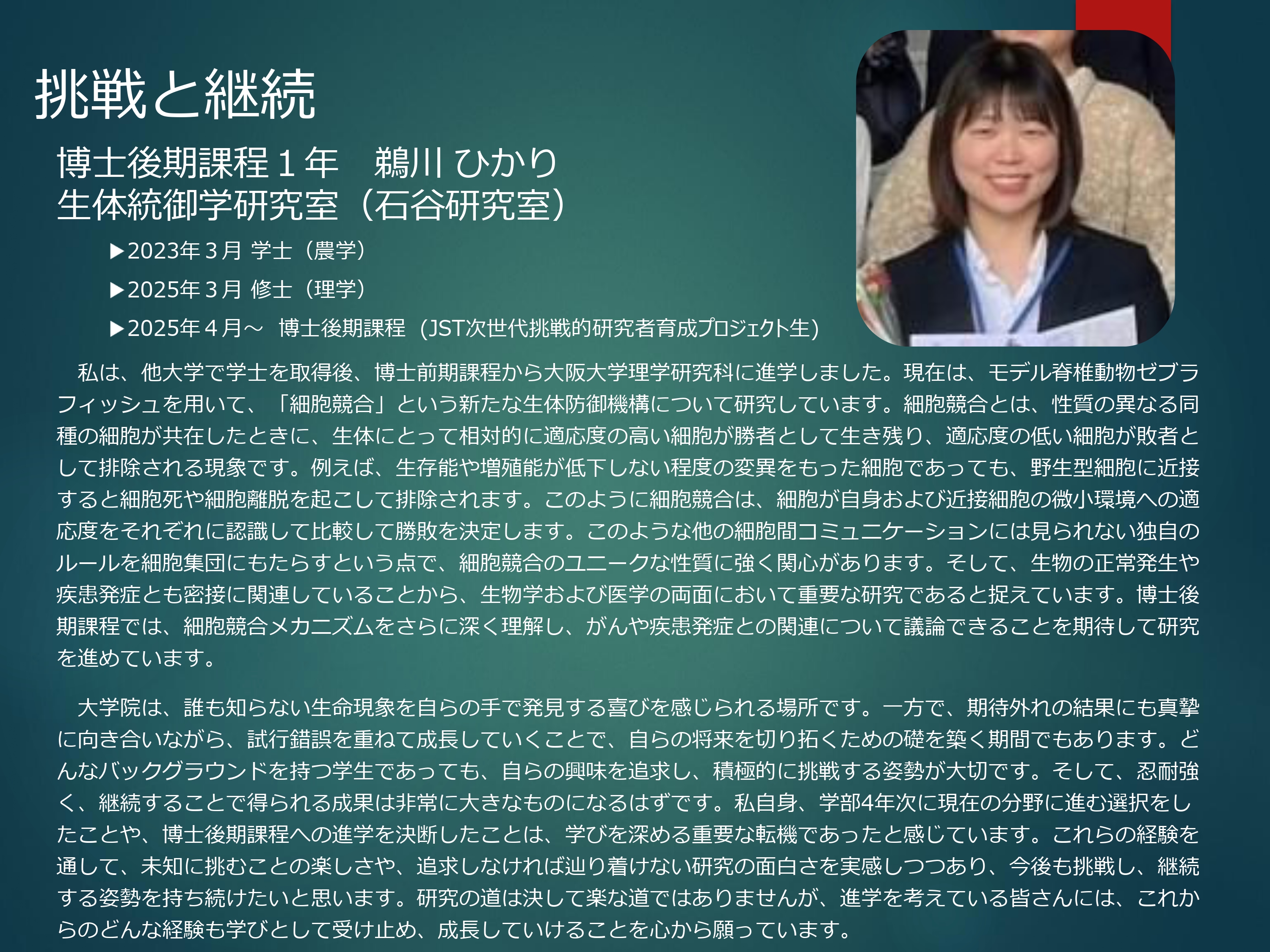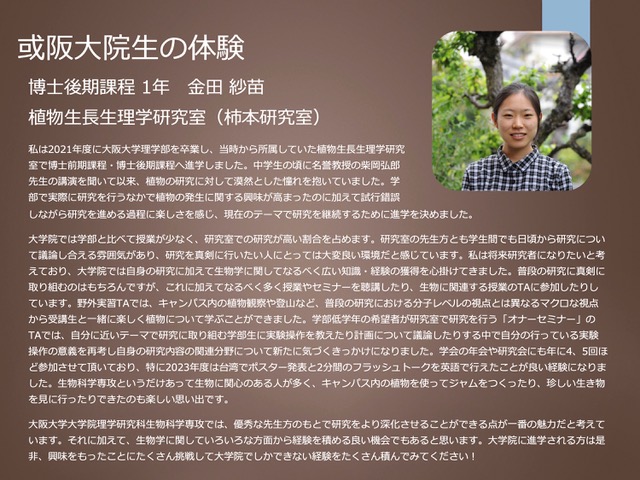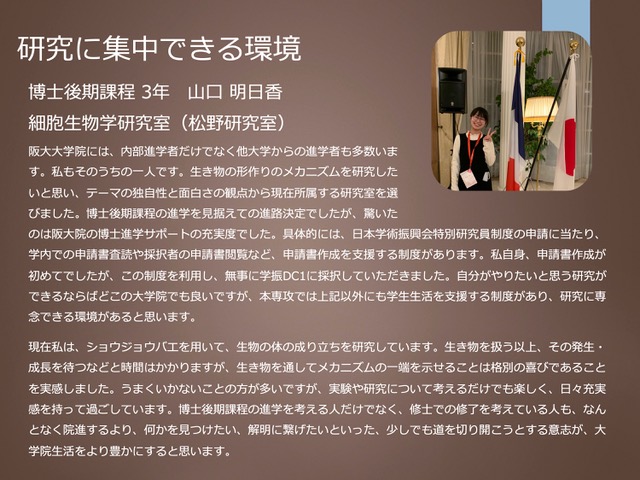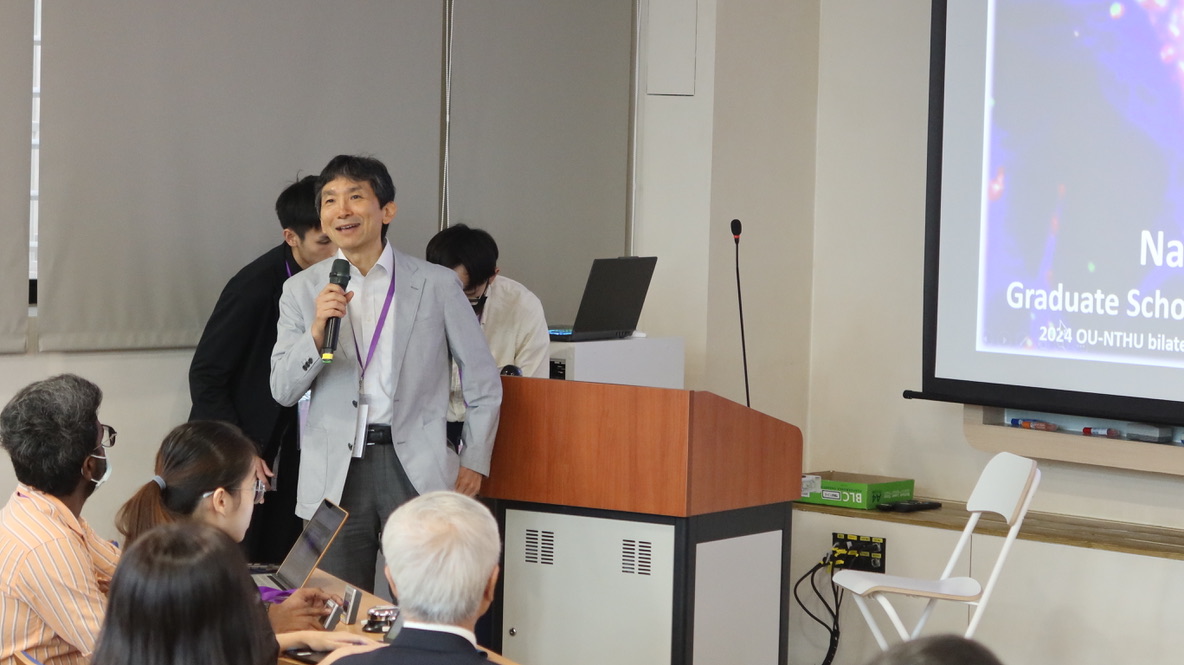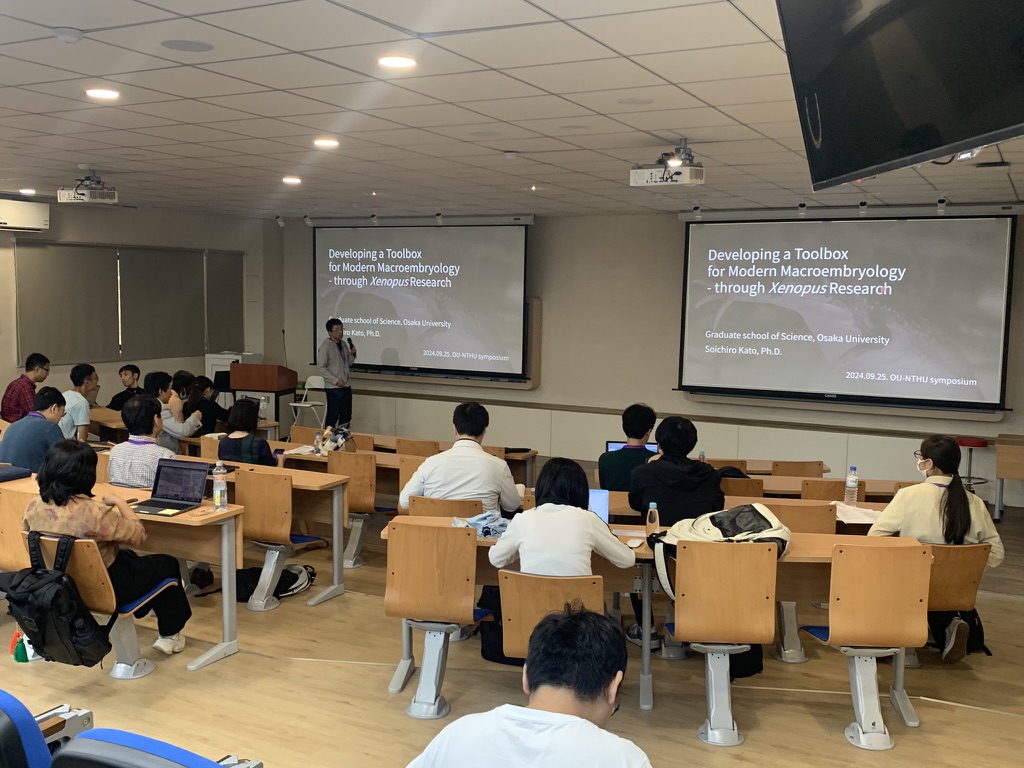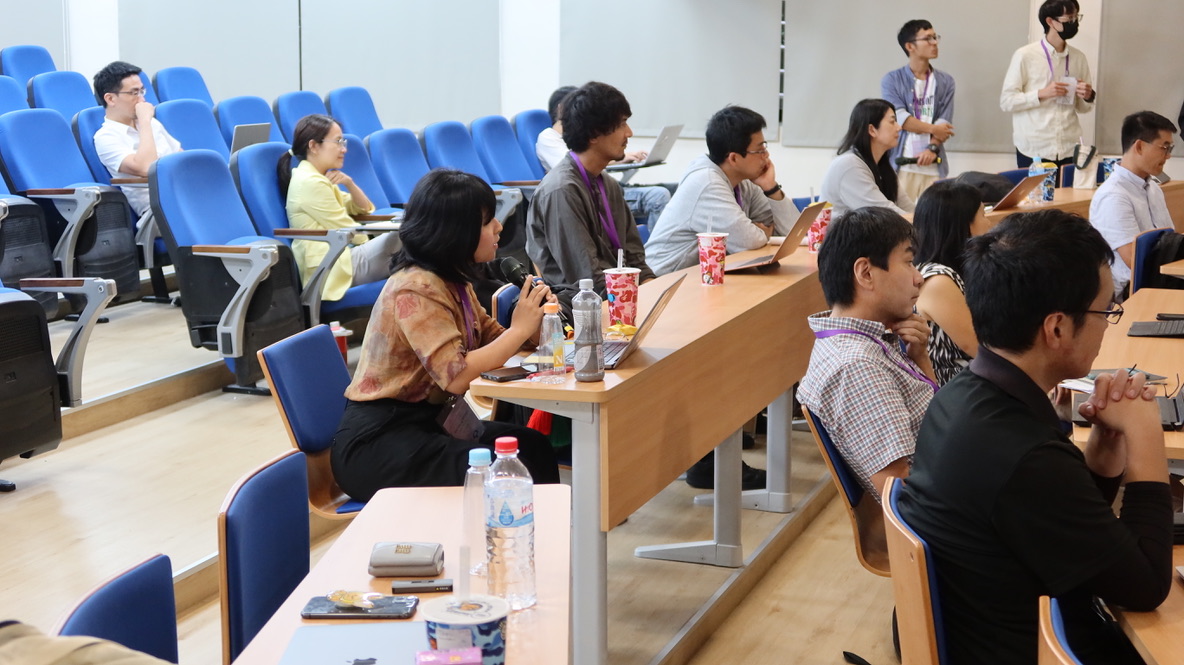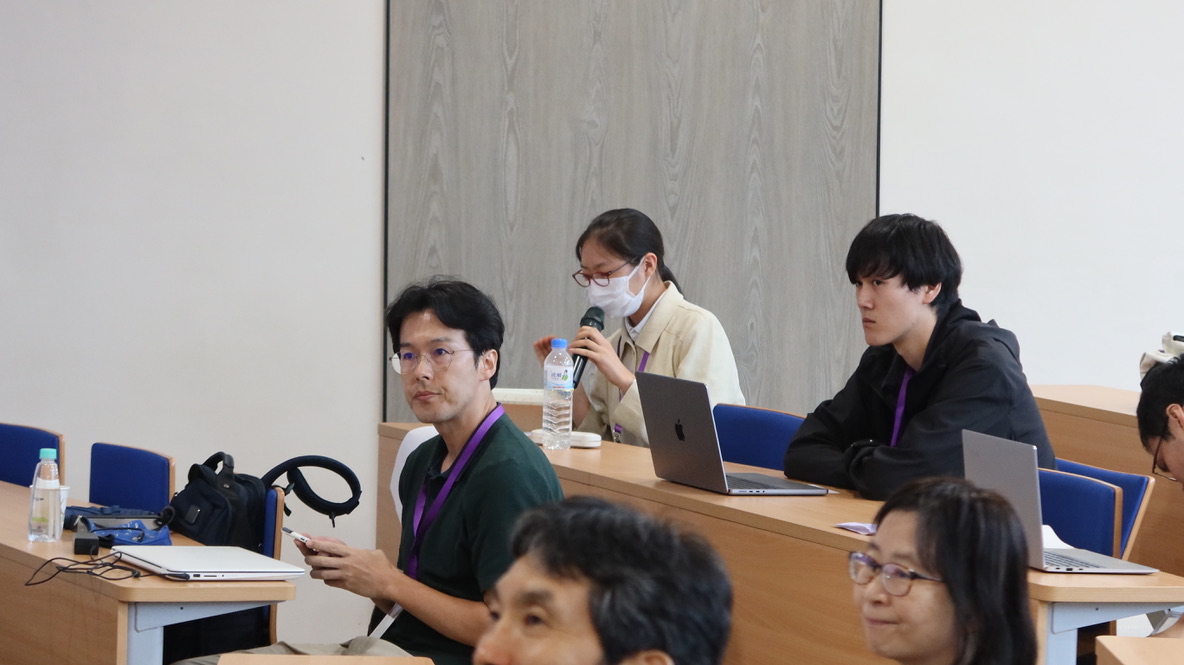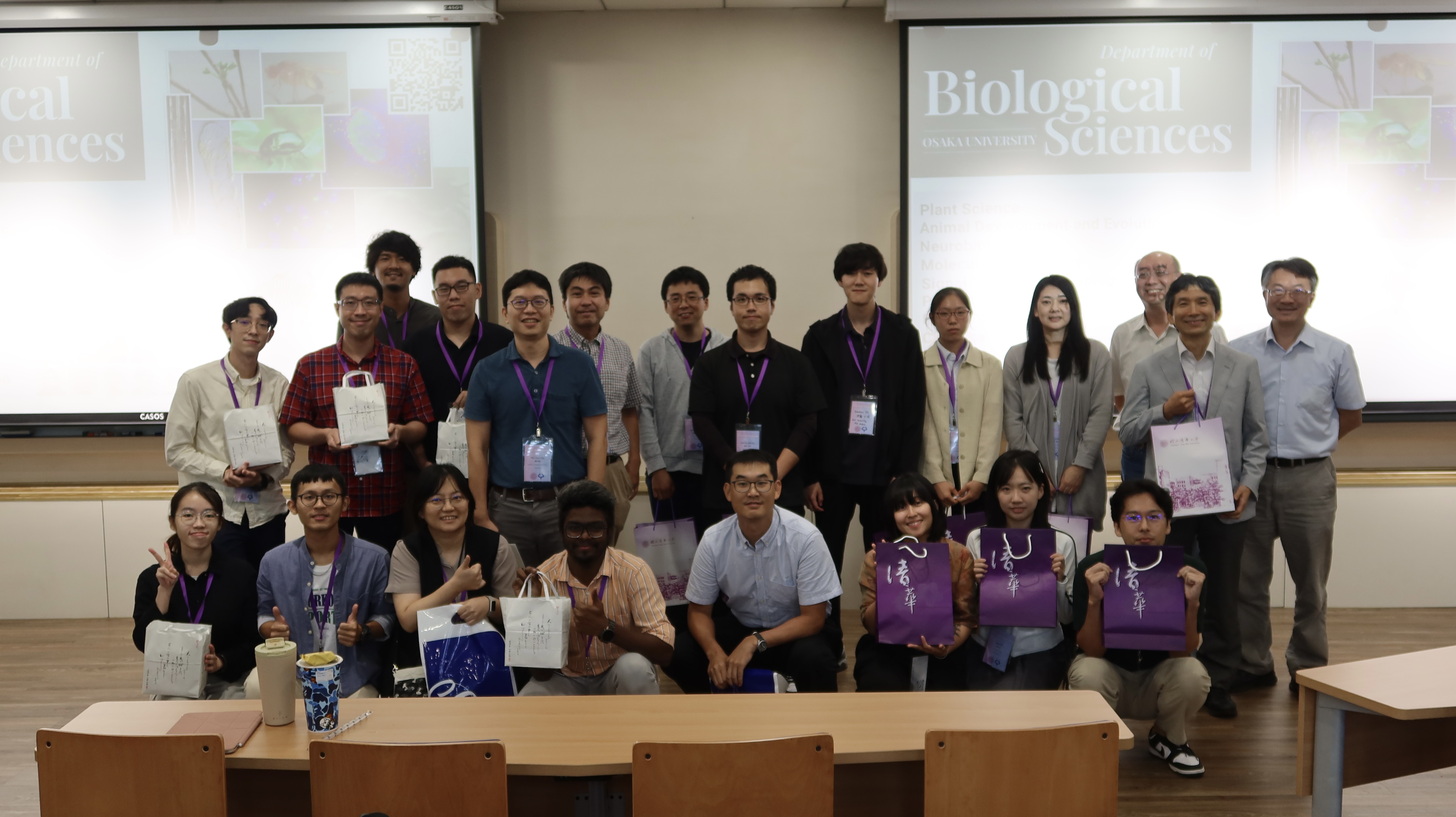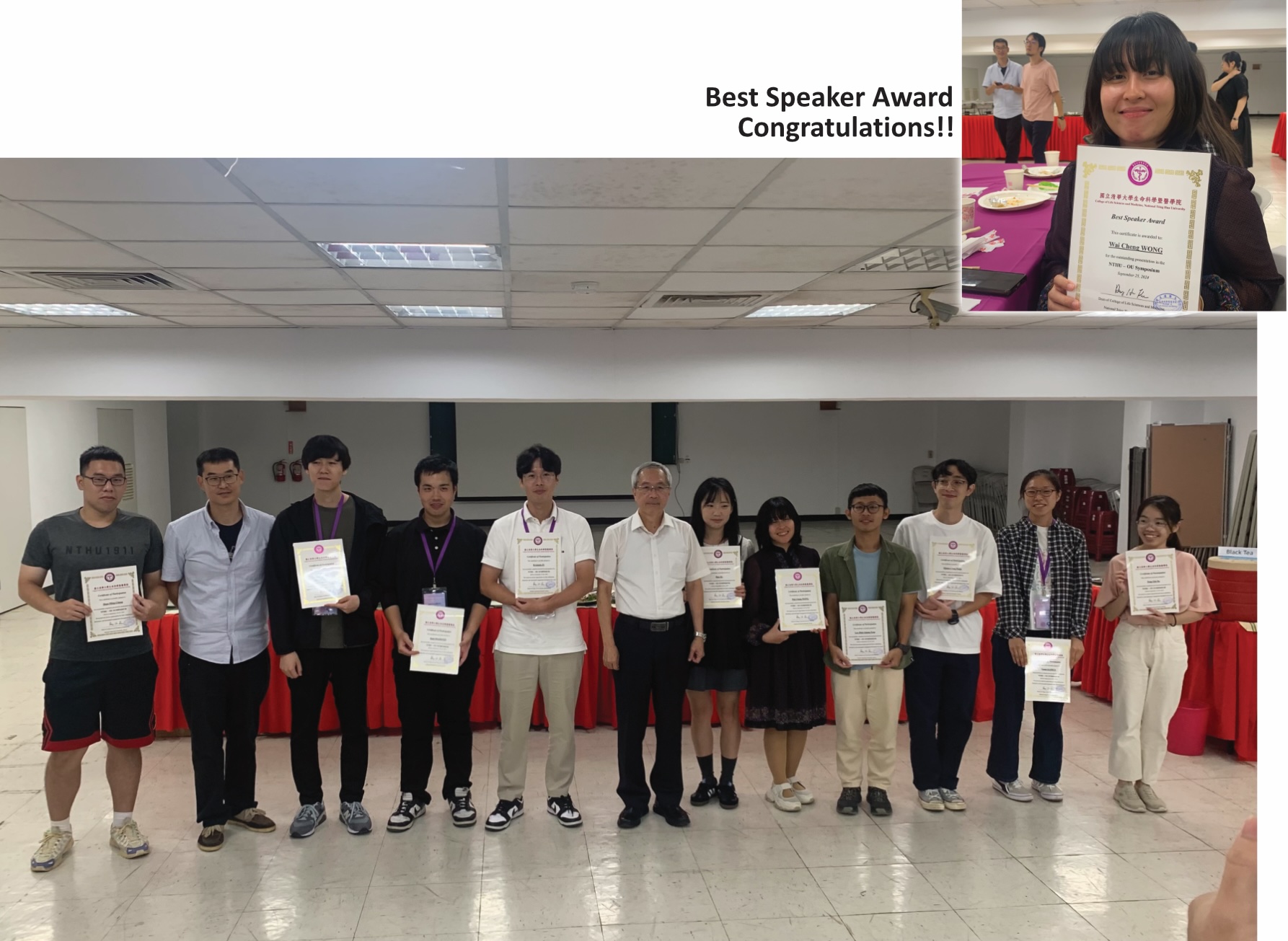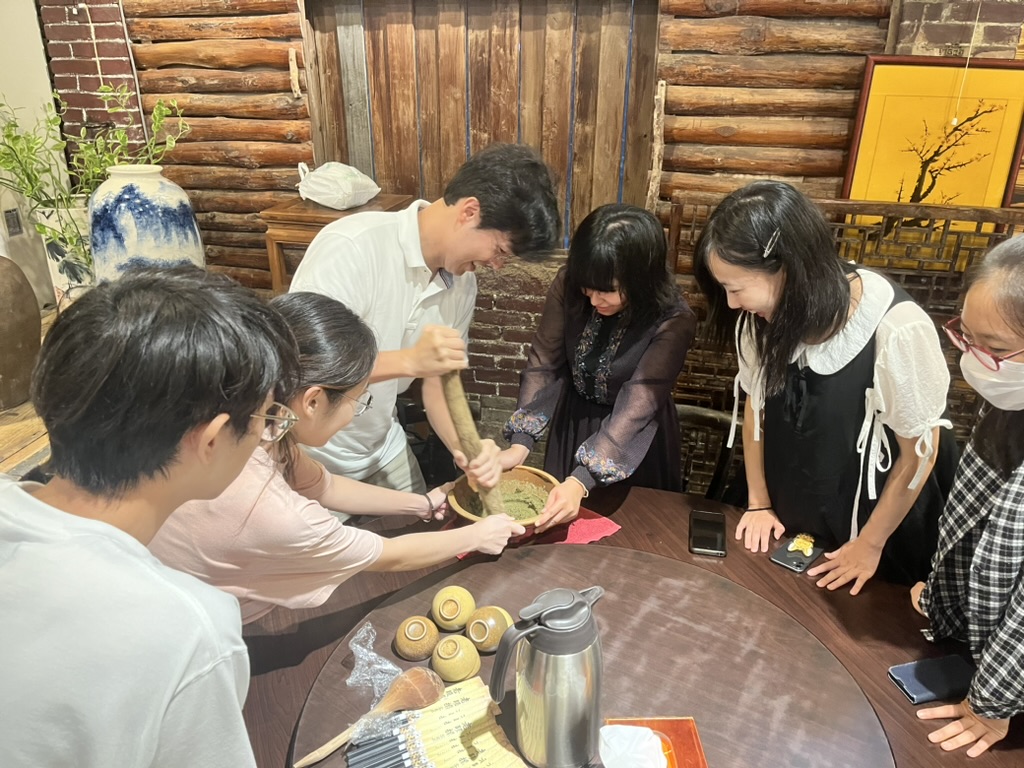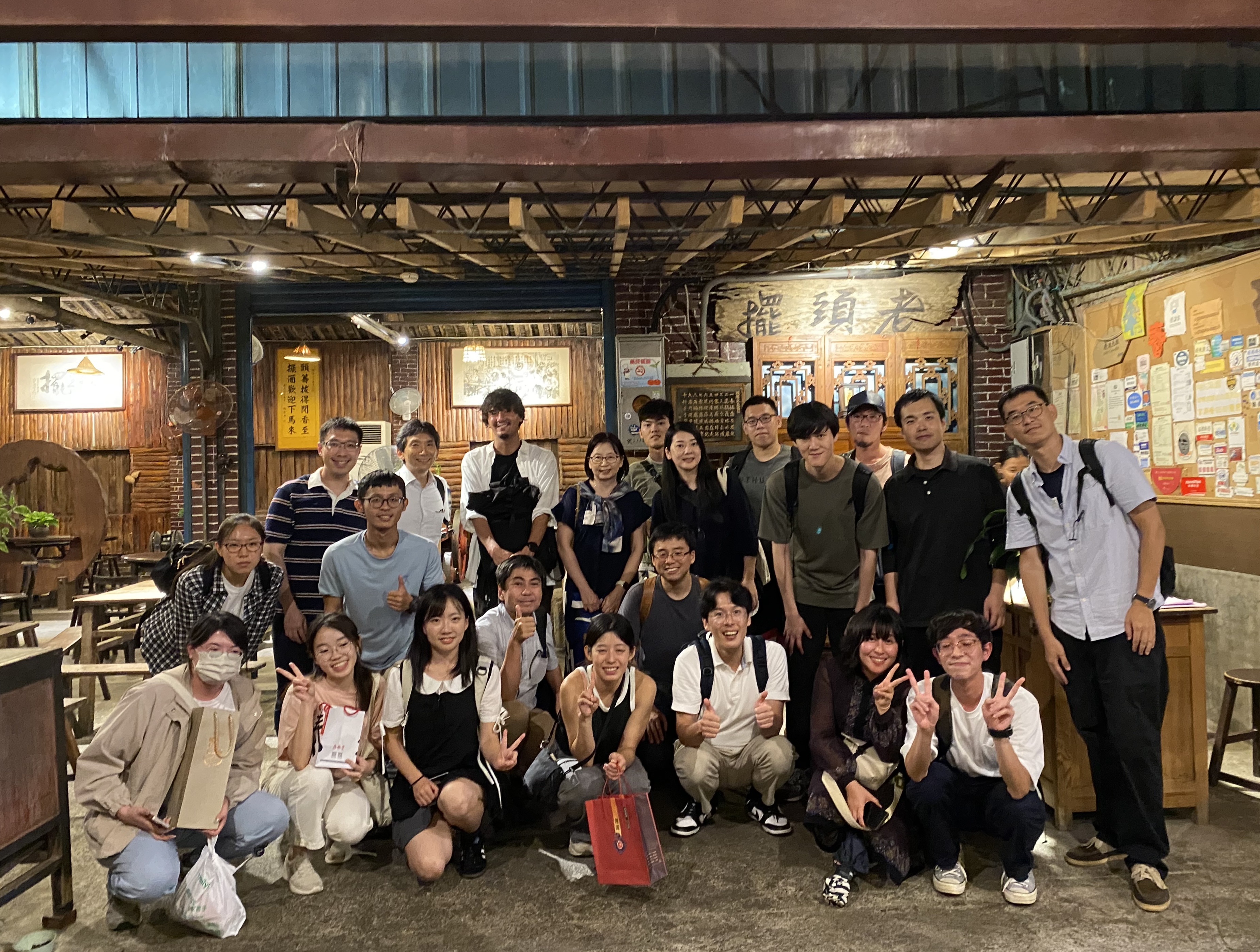Graduate School
Educational Goals and Policies
Educational Goals
- 01Flexible thinking backed by a basic understanding of a wide range of natural sciences
- 02A keen intuition for nature and the ability to make accurate judgments
- 03Contributing to society with a background in science
The aim of the department is to develop students who can contribute to the future of humanity by advancing the field of bioscience, based on the educational aims of TUAT and the Graduate School of Science. Understanding the complexity of life is a major challenge for the future. The scope of life science extends to the molecular, cellular, individual and ecosystem levels, and its development is related to the survival of mankind. In order to understand the essence of life, the program will be taught by leading researchers in a wide range of fields who will provide both basic and advanced lectures and guidance in research activities and presentations. Through these activities, graduate students acquire academic knowledge, scientific and logical thinking skills, and methodology. Research is a creative activity, and students are encouraged to develop creativity and communication skills. The educational objective of the Department of Biomedical Sciences is to foster students who will become outstanding researchers and leaders in basic student science research both in Japan and abroad, and who will be able to contribute internationally in a wide range of fields such as research, technology development, and education in academia and industry.
In addition to a deep understanding of the field of life science, we aim to produce students with a broad perspective, rich academic knowledge, and sound critical knowledge, who will be internationally active not only in the field of life science, but also in a wide range of other fields. For this purpose, we aim to nurture not only knowledge of one's own specialty but also of a wide range of scientific fields, the ability to discern the essence of various fields, the disposition to generate one's own research, the ability to design one's own research, the ability to conduct reliable research, internationality, cooperativeness, and the ability to communicate effectively.
Educational Programs
-
A well-developed graduate education program
The TUAT is a university with a strong educational program. The graduate school education program is designed to enable graduates to demonstrate their abilities in any situation, for example, in corporate research laboratories, graduate schools and other research institutions.
We hope that you will absorb knowledge in your field of specialization through the seminars and careful guidance you will receive.
You can also learn a wide range of knowledge outside your field of specialization through the graduate school curriculum. In the Advanced Biological Sciences course, faculty members belonging to all research groups in the Department of Biological Sciences teach graduate courses in Japanese or English. -
International Programs
As a unique program of the Department of International Programs, a joint seminar is held once a year with National Tsing Hua University, where faculty members and graduate students engage in academic exchange through research presentations. This seminar is a credit for Special Lecture VII in Biology.
NTHU-OU Symposium on Biological and Medical Sciences
The international exchange between National Tsing Hua University (Taiwan) and the Department of Biological Sciences in the Graduate School of Science of The University of Osaka, has a history of more than 20 years. Although in its nascent phase it was conducted on a small modest scale, it expanded gradually and is now held as an international student symposium with dozens of participants on both sides. The impact was so great that a double degree program between The University of Osaka and National Tsing Hua University (Taiwan) was established based on the mutual trust between the faculty members which fostered through the international student symposium.
-
Special Integrated Science Course (SISC)
About a dozen international students are enrolled in this course every year, and international and Japanese students study together in the laboratory while learning each other's language. There is also a one-month language training program at an overseas university for undergraduate students who wish to attend.
Student Support System
Students with motivation and ability in the Department of Biological Sciences are eligible for various types of financial support. In particular, the TA Teaching Assistant Program and RA Research Assistant Program are almost guaranteed upon application, and almost all graduate students use these programs to support their research life. Students entering the doctoral course are encouraged to formulate a solid research plan and apply for the next-generation Challenging Researchers Development Project and the JSPS Postdoctoral Fellowship (DC1/DC2) Programs.
-
Next Generation Challenging Researchers Development Project (Doctoral Program)
-
JSPS Research Fellowship for Young Scientists (DC1, DC2) (Doctoral Program)
-
RA Research Assistant System (Doctoral Program)
RAs are paid a salary for their work in supporting research projects conducted by the university. The purpose of this system is to effectively promote research activities and foster the research promotion skills of young researchers, and most of the students in the doctoral course use this system.
-
TA Teaching Assistant System
Assistants for undergraduate classes and practical training. The TAs provide valuable simulated experience for the graduate student when he or she becomes an educator in the future. The students will be paid from the beginning of the program.
-
Japan Student Services Organization (Master's and Doctoral Programs)
Scholarships from the Japan Student Services Organization, the Japan Society for the Promotion of Science, and other organizations are available. The university will provide much help in the application process.
-
Financial Support for Graduate School of Science Students (Links)
Program
If you participate in the University of Osaka Honor Graduate Program in Science, Technology and Information Sciences, the University of Osaka Leading Program, or the University of Osaka Fellowship, you will receive unique education according to each program while advancing your own research. In particular, there are abundant opportunities to study abroad and conduct research at companies and other laboratories, providing motivated students with an excellent opportunity for self-improvement. Since the program attracts highly motivated and talented students, the relationships that they cultivate will be a treasure for a lifetime. The fact that you have attended these programs is also highly valued by companies and other organizations. These programs also offer financial support in the form of benefits.
-
Honor Graduate Program in Science, Engineering, and Information Technology (Master's 2 years, and Doctoral program)
-
Doctoral Program in Supra-Regional Innovation (Master's and Doctoral Programs)
-
Interactive Materials Science and Cadet Program, Multidisciplinary Type (Materials) (Master's and Doctoral Programs, 5-year course)
-
The University of Osaka Fellowship (Doctoral Program)
Course
Become a professional researcher! It works everywhere! We are committed to developing individuals who are capable of doing good work wherever they go after graduation. The Department of Biological Sciences offers two programs: a master's degree program followed by a doctoral degree program.
-
Going on to higher education
-
01
Those who have completed the master's course and wish to further hone their research skills will continue their studies toward a doctoral degree (Ph.D.).
-
-
Earn a Doctor of Science degree
-
01
D. degree is awarded to those who have completed a doctoral program leading to a Doctor of Science degree. D. degree is a license to work in a university or research institute in the future.
-
02
You will have the opportunity to work in a research position at a university or other professional institution. It is almost impossible if you do not earn a PhD.
-
03
You can also get a job in a company's research institute.
-
04
For those who want to work in research in a more creative environment, please go on to the doctoral program to obtain a doctoral degree.
-
-
Find employment
-
01
Some students leave for society after completing the two-year Master's program, where they find employment. More than 95% of them are employed by companies and other organizations.
-
02
There are opportunities to work in corporate research institutes.
-
03
Many of our graduates are working in corporate research institutes.
Employment Results by Year
-
Graduate School Life
Annual Schedule
Master's Program Annual Schedule
-
- April
- December
New Student Orientation
-
- September
M1 Interim Debriefing
-
- August
- February
Presentation of Achievements (Degree Examination)
-
- September
- March
Degree Conferral
Doctoral Program Annual Schedule
-
- April
- October
New Student Orientation
-
- May
- August
- November
- February
Presentation of Achievements (Degree Examination)
-
- June
- September
- December
- March
Degree Conferral
-
- March
Interim Report Meeting for Enrolled Students
Life in the Graduate School, etc.
The winners of the University of Osaka Graduate School of Science Outstanding Research Award and the University of Osaka Women's Graduate Student Outstanding Research Award have constructed essays targeted towards the applicants wishing to enroll in the Department of Biological Sciences in the Graduate School of Science.
International Academic Exchange
On September 25, 2024, an international symposium was held at National Tsing Hua University (Taiwan).
The Department of Research Landscape
Biosciences utilizes a variety of state-of-the-art equipments for research.

